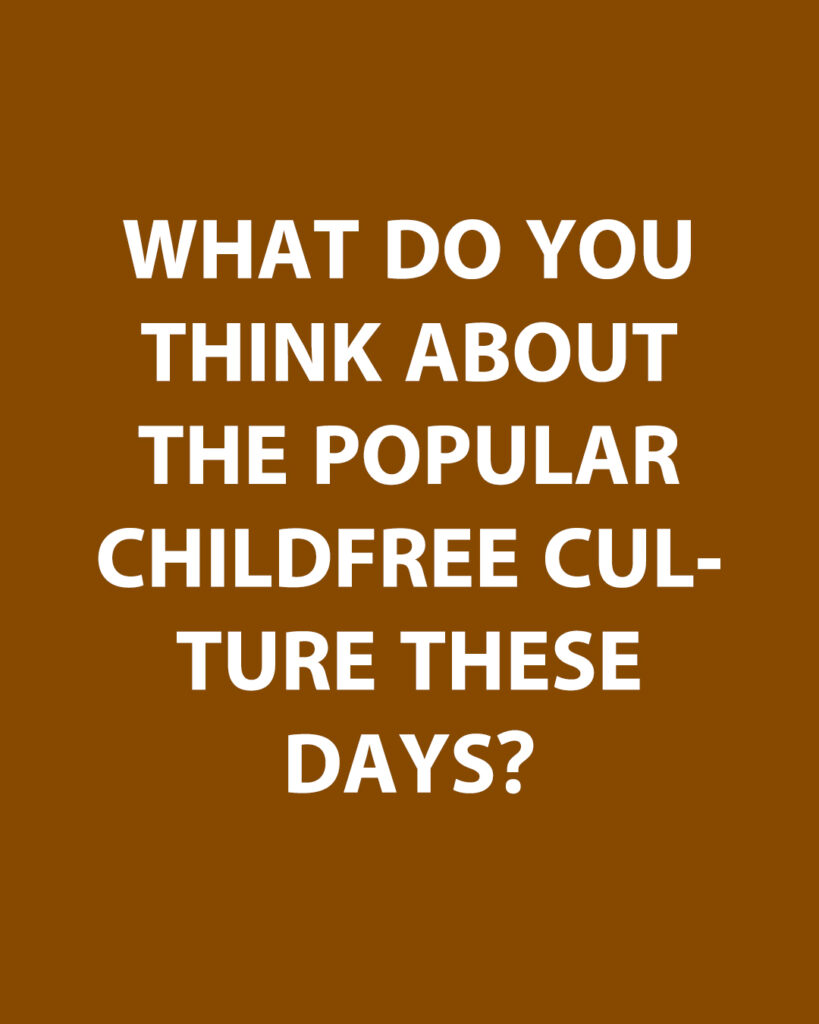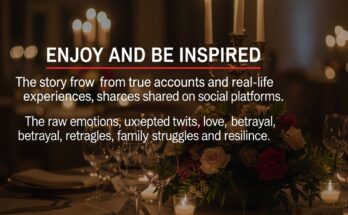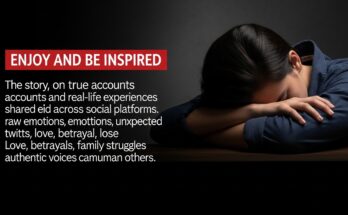In recent years, the rise of the childfree movement has sparked global conversations about autonomy, identity, and the evolving meaning of fulfillment. Choosing not to have children—once considered taboo—is now a legitimate lifestyle embraced by millions. This shift reflects deeper cultural, economic, and philosophical changes.
Many childfree individuals cite personal freedom, financial stability, environmental concerns, and emotional well-being as key reasons for their choice. For some, it’s a rejection of traditional gender roles and societal expectations; for others, it’s a conscious decision to prioritize careers, relationships, or personal growth. The movement is especially prominent among women, who now have greater access to education, healthcare, and reproductive rights, allowing them to define success on their own terms.
Social media has amplified this culture, with terms like “DINK” (Dual Income, No Kids) and “childfree by choice” becoming part of everyday language. Online communities offer support, share stories, and challenge the stigma that childfree individuals are selfish or incomplete. In fact, studies show that childfree adults often report higher levels of happiness, especially unmarried women without children.
However, the movement isn’t without controversy. Critics argue that declining birthrates could lead to economic stagnation, labor shortages, and strained eldercare systems. Governments in countries like Japan, South Korea, and the UK are already grappling with aging populations and fewer young people to support them. Some public figures have even suggested that childfree individuals should pay higher taxes or have fewer voting rights—a rhetoric that raises ethical concerns about personal freedom and equality.

Despite these debates, the childfree culture continues to grow, driven by a desire for authenticity and self-determination. It challenges the notion that parenthood is a universal goal and opens space for diverse definitions of legacy, care, and contribution. Whether through mentorship, community work, or creative pursuits, childfree individuals are reshaping what it means to live a meaningful life.


